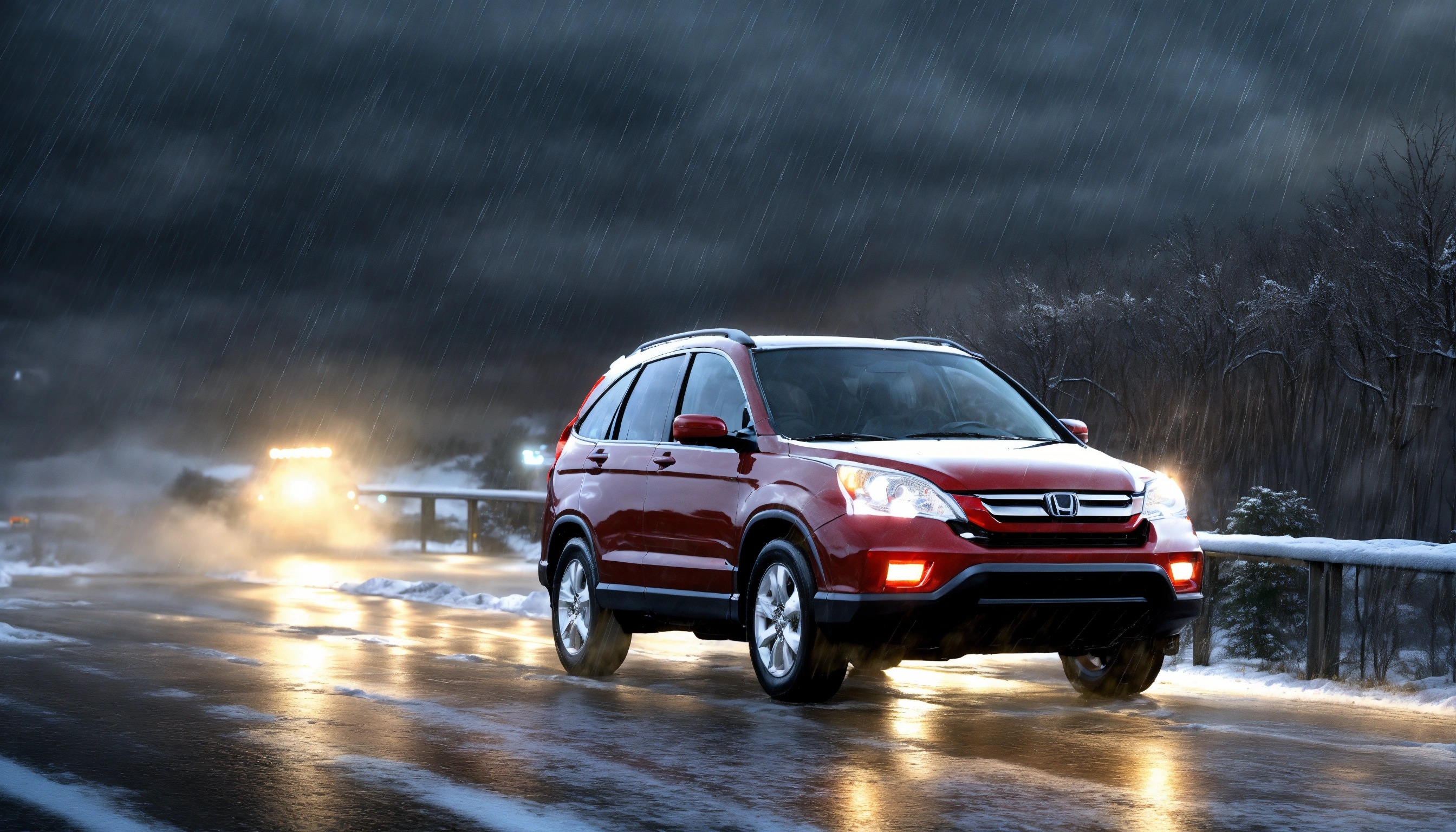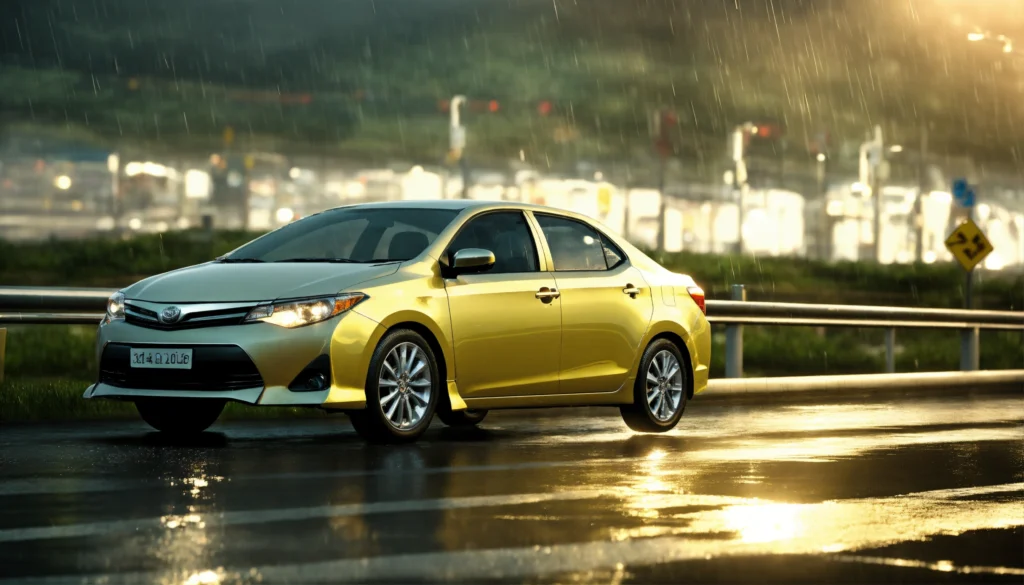Car insurance might not be the most exciting topic, but it’s one of the most important ones when it comes to protecting your finances and peace of mind. Whether you’re a first-time buyer or someone considering switching providers, comparing car insurance options can save you money while ensuring you get the coverage you need. In this post, we’ll break down how to compare car insurance, what to look for, and real-life tips to help you make an informed decision.
- Why Comparing Car Insurance Matters
- Key Factors to Consider When Comparing Car Insurance
- Real-Life Example: John’s Journey to Better Insurance
- Insider Tips for Comparing Car Insurance
- The Role of Expert Insights and Data in Making Your Decision
- Common Mistakes to Avoid
- Final Thoughts: Start Comparing Today!
Why Comparing Car Insurance Matters
Car insurance isn’t a one-size-fits-all product. Rates, coverage, and benefits can vary widely between providers. By taking the time to compare car insurance, you can:
- Save money by identifying better rates.
- Ensure adequate coverage for your needs.
- Access better customer service and perks.
For instance, you might find that one insurer offers accident forgiveness at no extra charge, while another has a more flexible claims process. Taking a closer look can lead to a policy that truly suits your lifestyle.
Key Factors to Consider When Comparing Car Insurance
1. Coverage Options
The first step in comparing car insurance is understanding the types of coverage available:
- Liability Coverage: Covers damage you cause to others.
- Collision Coverage: Pays for damage to your car in an accident.
- Comprehensive Coverage: Covers non-collision incidents like theft or natural disasters.
- Uninsured/Underinsured Motorist Coverage: Protects you from drivers without adequate insurance.
Make sure to assess which coverages are essential for your situation. For instance, if you drive an older car, you might skip comprehensive coverage to save money.
2. Price and Discounts
Price is often the deciding factor, but cheapest isn’t always best. Look for discounts such as:
- Safe driver discounts.
- Multi-policy discounts (e.g., bundling car and home insurance).
- Low-mileage discounts.
Pro Tip: Use online tools to get multiple quotes side-by-side. Websites like Insurance.com and The Zebra can simplify this process.
3. Deductibles
Your deductible is the amount you’ll pay out of pocket before insurance kicks in. Higher deductibles mean lower premiums, but ensure you can afford the deductible in case of an accident.
4. Customer Reviews and Ratings
Customer service is key, especially during the claims process. Check online reviews or third-party ratings from organizations like J.D. Power for insights into customer satisfaction.
Real-Life Example: John’s Journey to Better Insurance
John, a teacher from Miami, recently decided to compare car insurance when his premiums suddenly jumped. By exploring his options, he discovered a new provider that not only reduced his annual premium by $300 but also offered perks like roadside assistance. John’s experience shows the importance of regularly reviewing your policy to ensure you’re getting the best value.
Insider Tips for Comparing Car Insurance
- Shop Around Every Year: Don’t just renew automatically. Rates can change annually.
- Ask About Hidden Fees: Some insurers charge cancellation fees or policy transfer fees.
- Use an Independent Agent: Agents can provide unbiased advice and help you navigate the complexities.
The Role of Expert Insights and Data in Making Your Decision
Experts recommend spending at least 1–2 hours comparing policies. According to the Insurance Information Institute, drivers who shop around can save an average of $500 annually.
Research also shows that bundling policies can lead to significant savings. For example, families who bundle home and auto insurance save up to 25% on average.
Common Mistakes to Avoid
Not Reading the Fine Print
Always read the terms and conditions. Some policies have exclusions that might catch you off guard.
Overlooking Additional Perks
Benefits like rental car reimbursement or vanishing deductibles can add significant value.
Final Thoughts: Start Comparing Today!
Comparing car insurance doesn’t have to be overwhelming. By focusing on key factors like coverage, price, and customer service, you’ll be well-equipped to make a confident choice. Remember, your car is one of your biggest investments, so don’t settle for less when it comes to protecting it.




